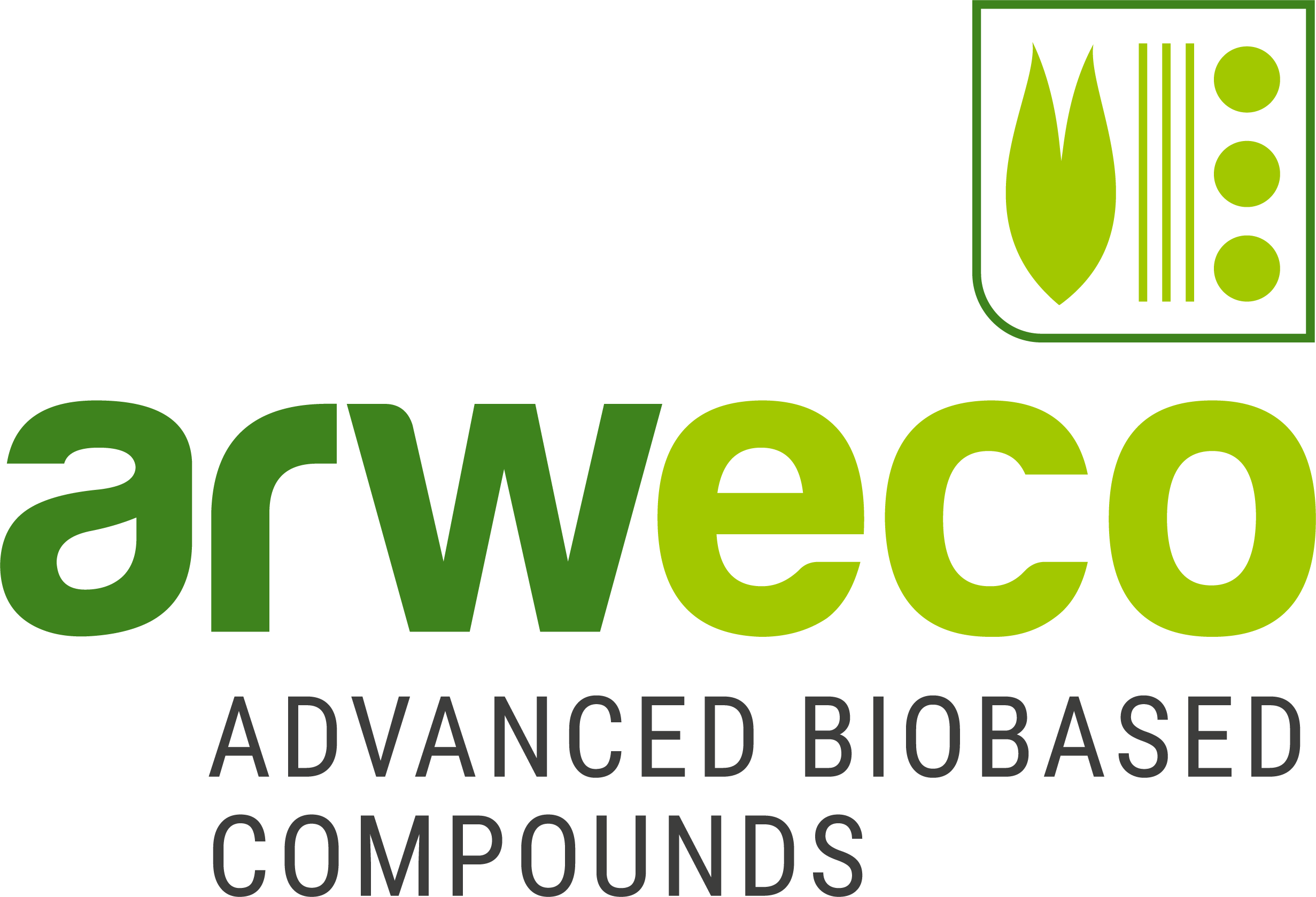Things to know
Welcome to the arweco wiki. On this page we have briefly and comprhensively listed the most important terms relating to biocompounds for you.
If you have any further questions, our R&D staff will be happy to help you:
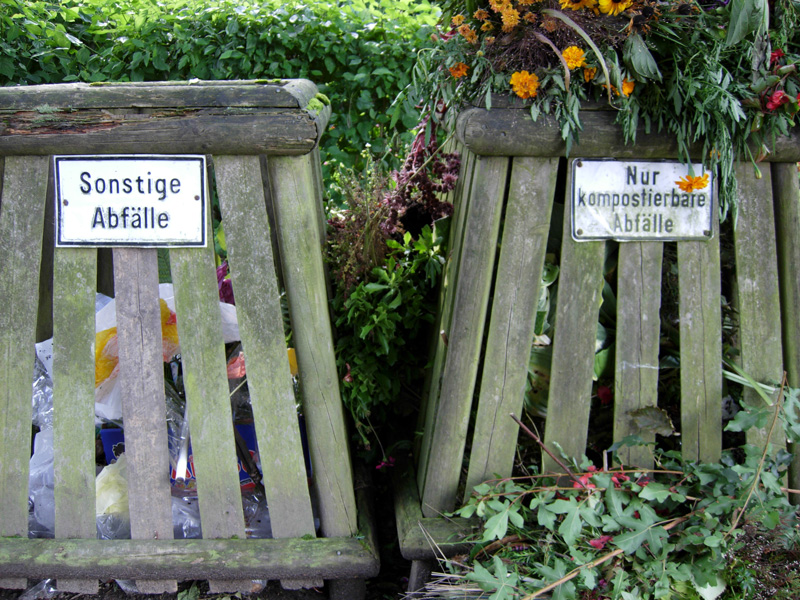
compostable
This means that organic materials are broken down into compost (aerobically) by microorganisms under the availability of oxygen and other conditions (temperature, moisture). Not all organic materials are equally suitable for composting, e.g. conventional plastics such as PP, PE or PET or their bio-based counterparts are unsuitable due to their insolubility and stability.
industrial compostable
This means that composting is technically controlled and monitored in order to maintain the ideal conditions of oxygen availability, temperature and moisture. A hot rotting phase with temperatures between 56-60°C (aerobic, exothermic decomposition) is essential. This avoids weather-related fluctuations and speeds up the composting process significantly.
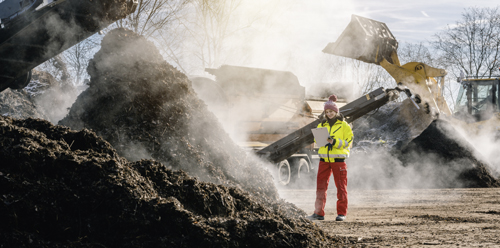
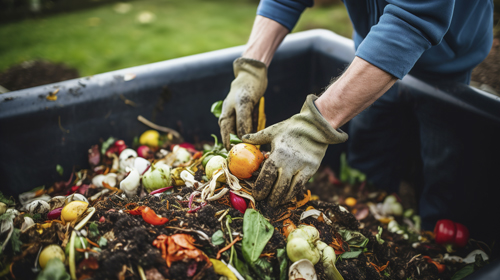
home compostable
This means that the composting process is not controlled and is therefore weather-dependent. The temperatures are generally much lower (20-30°C) than in industrial composting. The decomposition process is considerably slower, also due to the lack of the hot rotting phase.
biobased
This means that the product is based on renewable raw materials. These can be plastics based on plant starch or cellulose, for example. Conventional plastics such as PE, which are traditionally produced using petrochemicals, can now also be made from bioethanol from the renewable raw material sugar cane. Bio-based plastics are not necessarily biodegradable (bio-PE); this must be taken into account.
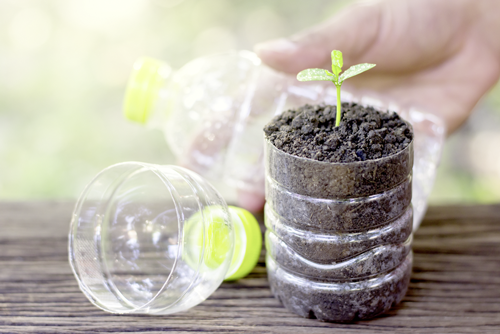
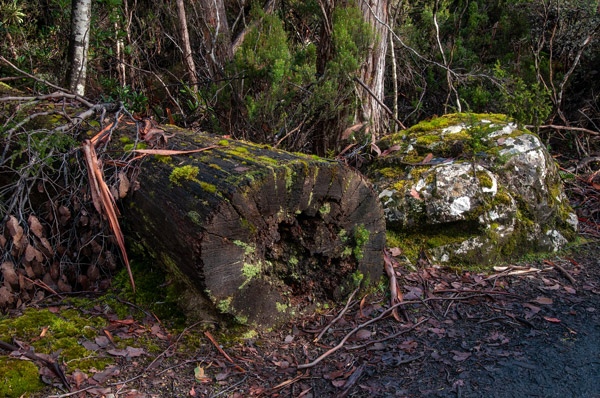
biodegradable
This means that organic materials are decomposed by various (micro)organisms, including their enzymes. At the end of these metabolic processes, only biomass, carbon dioxide, oxygen and water remain. While biodegradability is a natural material property of organic substances, composting describes a process in which this property, among others, comes into play.
